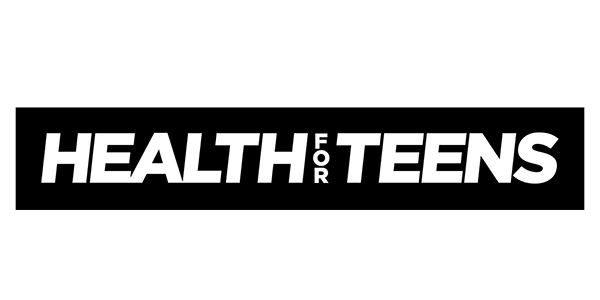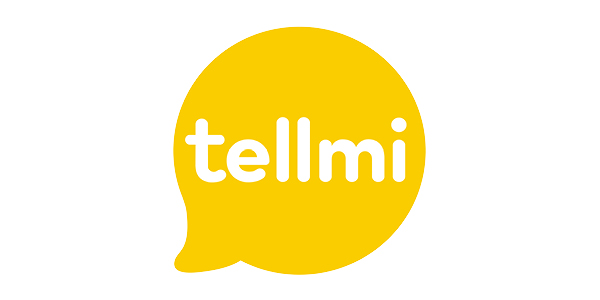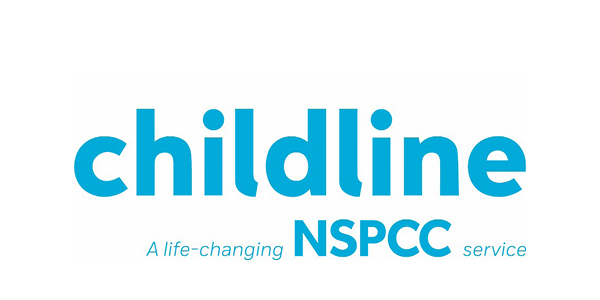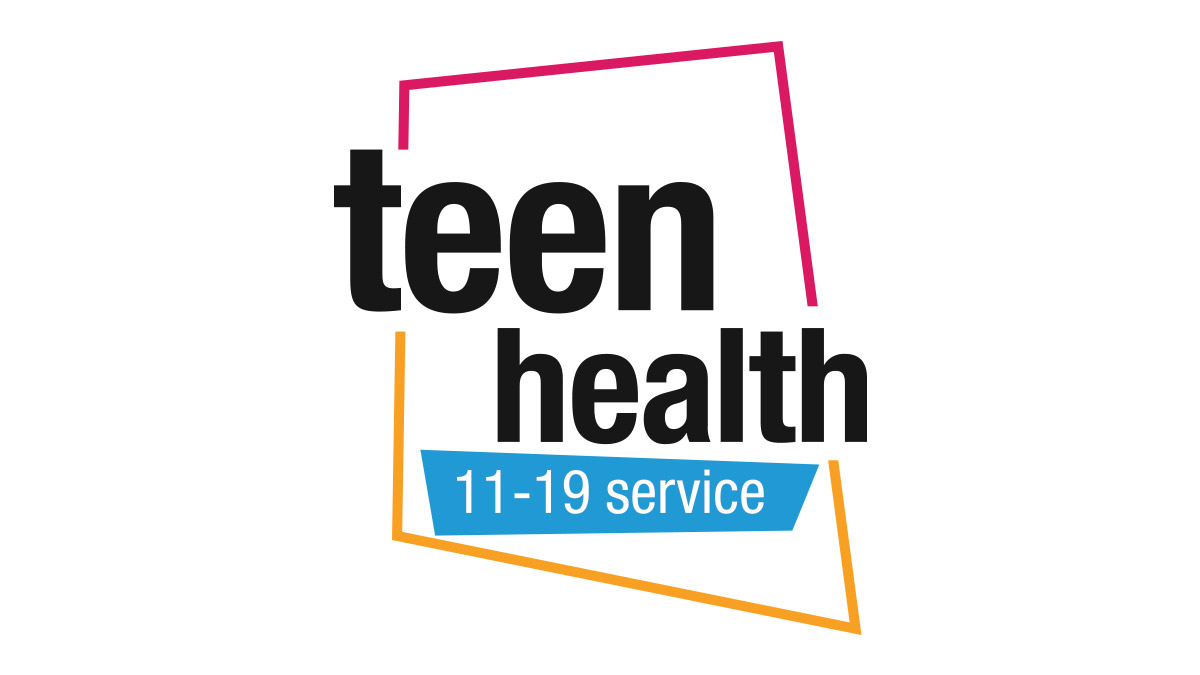Toilet Trouble

Sometimes people have toileting issues which are also known as continence difficulties. This might be because of a medical condition that they were born with, or that they developed due to injury or illness. Continence difficulties are not the person's fault and is a common problem, for example between 5-30% of all children have a problem with constipation (problems with going for a poo).
Some young people might have a problem with night-time wetting, this affects 1 child in every 5 and gradually reduces as children get older, and affects more boys than girls. Some young people may have difficulties with daytime wetting and this affects girls more than boys.
Having a problem with your bladder (needing to pee) and/or bowel (needing to poo) can be upsetting and might make you feel different or cut off from your friends. But this doesn’t need to be the case! Even with bladder and bowel issues, you can have a confident and happy life.
Some people might need to make some slight changes to their diet and exercise, some might need to use catheters or medicine, or have special arrangements (including with a teacher who understands how to support you). If this applies to you, then do follow the advice you have been given and if you are worried or struggling speak to a trusted adult.

Around half a million teenagers in the UK have a bladder or bowel condition. Let’s look at some bedwetting facts:
- Bedwetting is when the bladder empties while you’re asleep. Bedwetting happens when the message ‘I need to wee’ doesn’t get from your bladder to your brain in time. Which means your bladder empties while you’re asleep. There are lots of reasons why this might happen.
- It could be constipation. Constipation is when you have a full bowel from not pooing regularly. A full bowel can put pressure on your bladder, either in the daytime or night time, causing you to wet yourself. To avoid constipation, make sure you are eating a varied diet with plenty of fibre, which you can get from fruit, vegetables and cereals. And having at least 6-8 water-based drinks a day.
- It could be an overactive bladder. Your bladder is large enough to hold the wee but sometimes the bladder can become ‘twitchy’ and send a message to your brain to empty, even though it’s not full. This is called an overactive bladder. Your bladder might need emptying often, sometimes at very short notice. This can be an issue both during the day and at night.
- Sometimes there is not enough of a certain hormone. Vasopressin is a hormone that tells your kidneys to make less wee at night. If you don’t have enough of this hormone, your kidneys will carry on making wee that will fill your bladder. This can lead to bedwetting. If this is the case for you, your doctor can give you medication, which will help.
- Alarms can help. You can get special bed alarms that have a sensor which sounds the alarm when it becomes wet. Over time, this trains the brain to wake up when you need a wee.
Remember, if you’re worried about bedwetting, you can get support from the website below.












